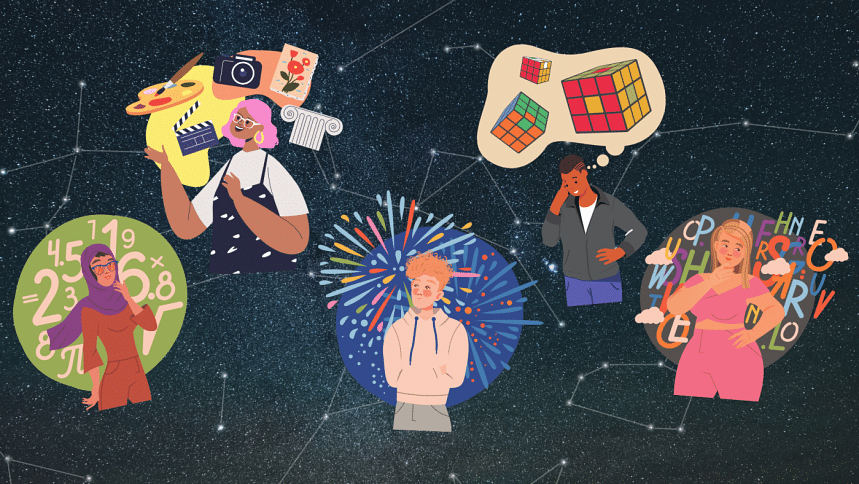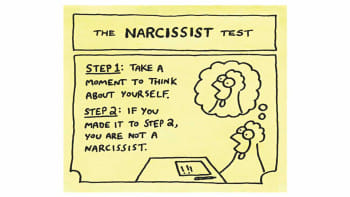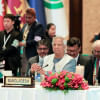MBTI is not useless, it is misunderstood

The Myers-Briggs Type Indicator is the one of the most common personality tests out there. It categorizes personalities into 16 types, based on their preferences in 4 areas. Despite its popularity, MBTI gets a lot of hate, with a flood of articles and videos claiming it is "useless". You may have even heard people referring to MBTI as, "astrology for fake psychologists". Before deciding whether it is truly meaningless, let us look into the purpose of MBTI.
MBTI categorizes people based on four areas. The first area of MBTI deals with whether people are introverts or extroverts. The second area focuses on how people make observations of the world (Sensing vs Intuition). The third area deals with decision-making (Feeling vs Thinking). The fourth area deals primarily with organization of thoughts.
All these areas deal with people's preferences.
The research that Myers and her colleagues initially conducted to develop MBTI was primarily interested in helping people choose careers based on their natural tendencies. A common misconception of MBTI is that it can tell a person's ability. It can't. MBTI can only tell a person about the tendencies they normally exhibit in situations. It can tell if a person would enjoy a certain career, but it can't tell if a person has the creativity, intelligence, or stamina for that particular role.
Let's use an MBTI-type question to understand this better.
Q. To you, which is a better compliment? Being called:
A. Warm hearted
B. Cool headed
If your answer is "cool-headed", you would probably be categorized as a 'Thinking' type (however, you have to answer multiple questions to accurately understand your type). Thinking types make decisions based on their logic and reasoning.
If you answered "warm-hearted", you probably are a 'Feeling' type. This means you make decisions based on what you value, your likes and dislikes.
Does this mean thinking types are in any way "smarter"? Not necessarily, because MBTI does not seek to find out someone's IQ, or their capabilities. It just shows people's preferences when it comes to making decisions.
Similarly, MBTI can help you find out if you are an introvert or an extrovert, but it can't estimate your ability to handle social situations.
So, what's the point of MBTI?
Imagine your type is INTJ. Since you're an introvert, large groups of people may drain you. Maybe you won't enjoy that party with over 500 guests? You're also a thinker type. Do you often skip out on doing what you love, to pursue something "useful"? Maybe you should reconsider this mind-set, and think about what you want.
Basically, the MBTI allows you to find out what your preferences are (in terms of world view, decisions making, and social settings) and consciously check whether you are falling into your natural preferences in situations where going against your instinct could help.
References:
- Psychology Today (February 12, 2020): In Defense of the Myers-Briggs- A comprehensive counter to anti-MBTI hype
- Frank James (May 26, 2020): Myers-Briggs Explained in Less than 5 Minutes - 16 Personalities
Zaheen equates watching productivity videos to actually getting work done. Send help at instagram.com/tasfiazuhair

 For all latest news, follow The Daily Star's Google News channel.
For all latest news, follow The Daily Star's Google News channel. 









Comments